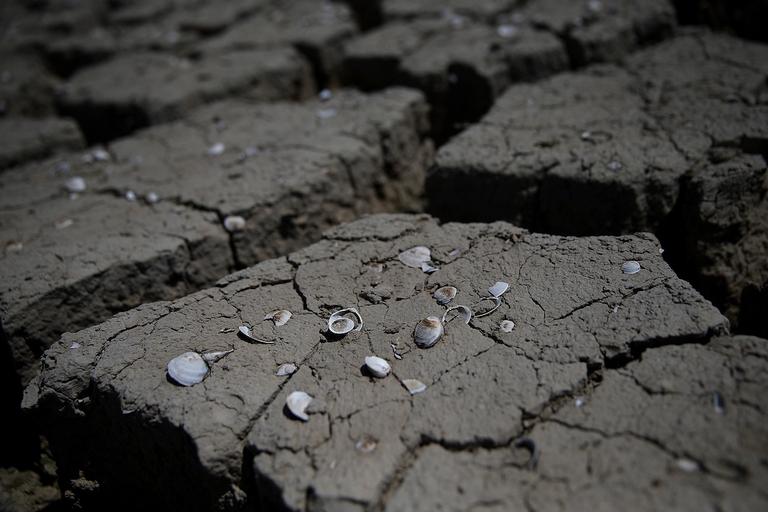
After a landslide led to twelve deaths on the island of Ischia, questions have been raised about the impacts of illegal building, tourism, and climate change.
Uno studio dell’università di Oxford stima per la prima volta il numero di decessi che il clima provocherà facendo mancare sufficienti quantità di cibo.
The impact of climate change on food production will be responsible for over half a million deaths by 2050, a study carried out by the University of Oxford and published in The Lancet magazine reveals.
Numerous analyses showed that the average global temperature rise will lead to a significant increase in extreme weather conditions, including drought, floods and typhoons. These, in turn, will be responsible for a drop in the total amount of agricultural production, as well as they will exacerbate the instability of foodstuffs’ prices, threatening the world’s poorest populations.
The report is the first to estimate the “price” in terms of human lives. “Our results show that even modest reductions in the availability of food per person could lead to changes in the energy content and composition of diets,” said lead author Marco Springmann. “And these changes will have major consequences for health”.
If no effective measures to safeguard the environment are implemented, a 3.2% decrease will be registered by 2050: especially, there will be fewer fruit and vegetables available (-4%), while meat availability will drop by 0.7%, compared to 2010 levels.
The future scenario seems to be scary. Data on temperatures registered over the past few months on ocean and land surface show a long succession of records. Levels registered in February haven’t been officially released yet, but meteorologist Eric Holthaus revealed: “Usually my climate journalist colleagues and I wait until the official data, but this month’s data is so extraordinary that there’s no need to wait: February obliterated the all-time global temperature record set just in January”.
According to figures provided by Holthaus, February 2016 was likely somewhere between 1.15 and 1.4 degrees warmer than the long-term average, and about 0.2 degrees above last month.
Siamo anche su WhatsApp. Segui il canale ufficiale LifeGate per restare aggiornata, aggiornato sulle ultime notizie e sulle nostre attività.
![]()
Quest'opera è distribuita con Licenza Creative Commons Attribuzione - Non commerciale - Non opere derivate 4.0 Internazionale.
After a landslide led to twelve deaths on the island of Ischia, questions have been raised about the impacts of illegal building, tourism, and climate change.
Not much snow, peaks of 19 degrees Celsius in Norway and even 28 degrees in France: official data confirms the anomalously high temperatures of this past winter.
Ocean warming has risen to record highs over the last five years: just in 2019 the heat released into the world’s oceans was equivalent to that of 5-6 atomic bombs per second. The culprit, no doubt, is climate change.
What did Greta Thunberg tell participants at the 2020 World Economic Forum in Davos? Once again, the Swedish activist underlined the total lack of concrete solutions to the climate crisis presented by leaders so far.
The list of human and animal victims of the Australia wildfires keeps growing – one species might already have gone extinct – as the smoke even reaches South America.
Kivalina is located on a small island once guarded by sea ice, which is now melting due to global warming. While the sea threatens to wipe the village off the face of the Earth, its inhabitants refuse to give up their lives and traditions.
Thanks to activists, the voice of the world’s peoples resounded through the COP25 like an alarm bell. Governments didn’t reach the results they demanded, but their cries and messages were stronger than ever, reaching even those who weren’t in Madrid.
Climate change poses a risk for millions. However, women are the most vulnerable to its negative consequences: a few simple considerations by the Italian Climate Network help us perceive the global implications of this.
The COP25 ended two days late and with very few steps ahead made. Climate negotiations in 2020 will be an uphill battle as political will clearly seems to be lacking, once again.









